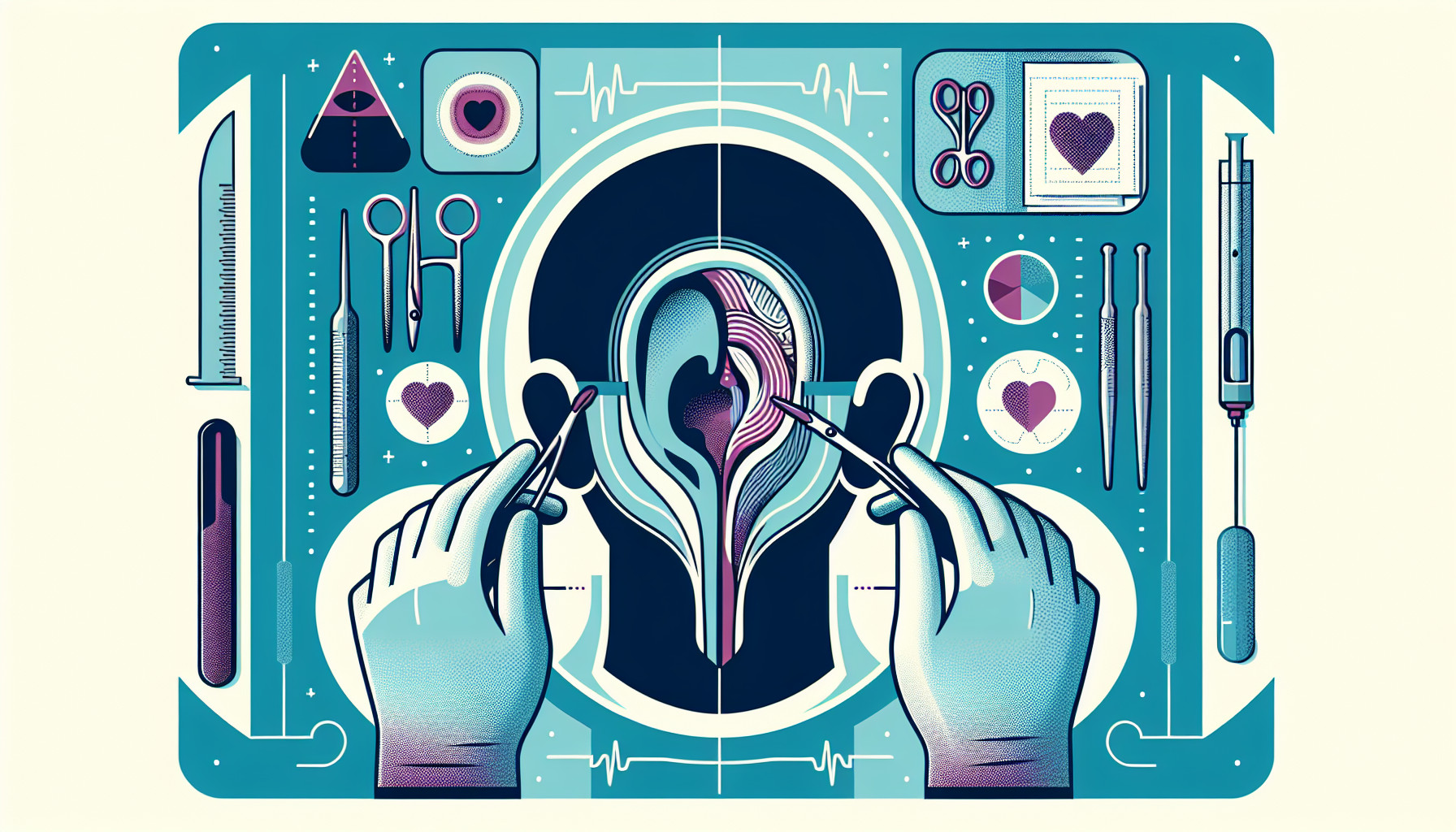Our Summary
This research paper is about a study that looked at different medical treatments for a condition called Eustachian Tube Dysfunction (ETD), which affects the ear. These treatments didn’t involve any surgery. The researchers went through three different databases to find relevant studies up until December 2020. They excluded any studies that involved patients with a specific type of ETD, those with facial anomalies, or those who had surgery.
The researchers found 12 articles that met their criteria and did a more in-depth analysis on nine of these. They found that about half of the patients saw improvement in their symptoms after medical treatment, but this improvement was not significant when measured using a standard medical scoring system. They also found that some treatments worked better for certain types of symptoms, but treatments using nasal steroids didn’t work very effectively, especially for long-term symptoms. Other treatments like the Politzer devices and Valsalva therapy also didn’t show very promising results.
In conclusion, the researchers said that there aren’t any top-quality evidences to support the effectiveness of these medical treatments for ETD in adults. They stated that more high-quality, randomized controlled trials are needed to get a better understanding of how effective these treatments are.
FAQs
- What was the focus of the research study on Eustachian Tube Dysfunction?
- What were the findings of the research regarding the effectiveness of various treatments for ETD?
- What suggestions did the researchers make for future studies on ETD treatments?
Doctor’s Tip
A doctor might advise a patient considering ear tube surgery to first explore non-surgical treatments for Eustachian Tube Dysfunction, as the effectiveness of medical treatments is not well-supported by current research. It is important to discuss all treatment options with your healthcare provider and make an informed decision based on your individual needs and preferences.
Suitable For
Patients who are typically recommended ear tube surgery are those who have chronic Eustachian Tube Dysfunction (ETD) that does not improve with medical treatments. ETD can cause symptoms such as ear pressure, pain, hearing loss, and recurrent ear infections. If these symptoms persist despite trying various medical treatments, ear tube surgery may be recommended to help equalize pressure in the middle ear and improve symptoms. Patients with severe or recurrent ear infections, hearing loss, or frequent middle ear fluid accumulation may also be candidates for ear tube surgery. It is important for patients to consult with an otolaryngologist to determine if ear tube surgery is the best option for their specific condition.
Timeline
Before ear tube surgery, a patient may experience symptoms of Eustachian Tube Dysfunction such as ear pain, pressure, hearing loss, and recurrent ear infections. They may try various medical treatments such as nasal steroids, Politzer devices, and Valsalva therapy to alleviate their symptoms. However, these treatments may not provide significant improvement in symptoms and may not be effective in the long term.
After ear tube surgery, the patient may experience improved Eustachian tube function, reduced ear pain and pressure, and a decreased frequency of ear infections. The surgery involves inserting small tubes into the eardrums to help equalize pressure and allow fluid to drain from the middle ear. The recovery process is usually quick, with most patients experiencing immediate relief from their symptoms. Follow-up appointments may be necessary to monitor the tubes and ensure proper healing. Overall, ear tube surgery is often effective in treating Eustachian Tube Dysfunction and providing long-lasting relief for patients.
What to Ask Your Doctor
- What are the potential risks and complications associated with ear tube surgery?
- How long is the recovery process after ear tube surgery?
- Will I need to follow any special precautions or restrictions after the surgery?
- What are the expected outcomes of ear tube surgery in terms of improving Eustachian Tube Dysfunction symptoms?
- Are there any alternative treatments to ear tube surgery that I should consider?
- How many ear tube surgeries have you performed, and what is your success rate?
- What is the likelihood of needing additional ear tube surgeries in the future?
- How long do ear tubes typically remain in place before needing to be removed or replaced?
- Will ear tube surgery affect my hearing in any way?
- Are there any lifestyle changes or activities I should avoid after ear tube surgery?
Reference
Authors: Mehta NK, Ma C, Nguyen SA, McRackan TR, Meyer TA, Lambert PR. Journal: Laryngoscope. 2022 Apr;132(4):849-856. doi: 10.1002/lary.29878. Epub 2021 Oct 4. PMID: 34606099
